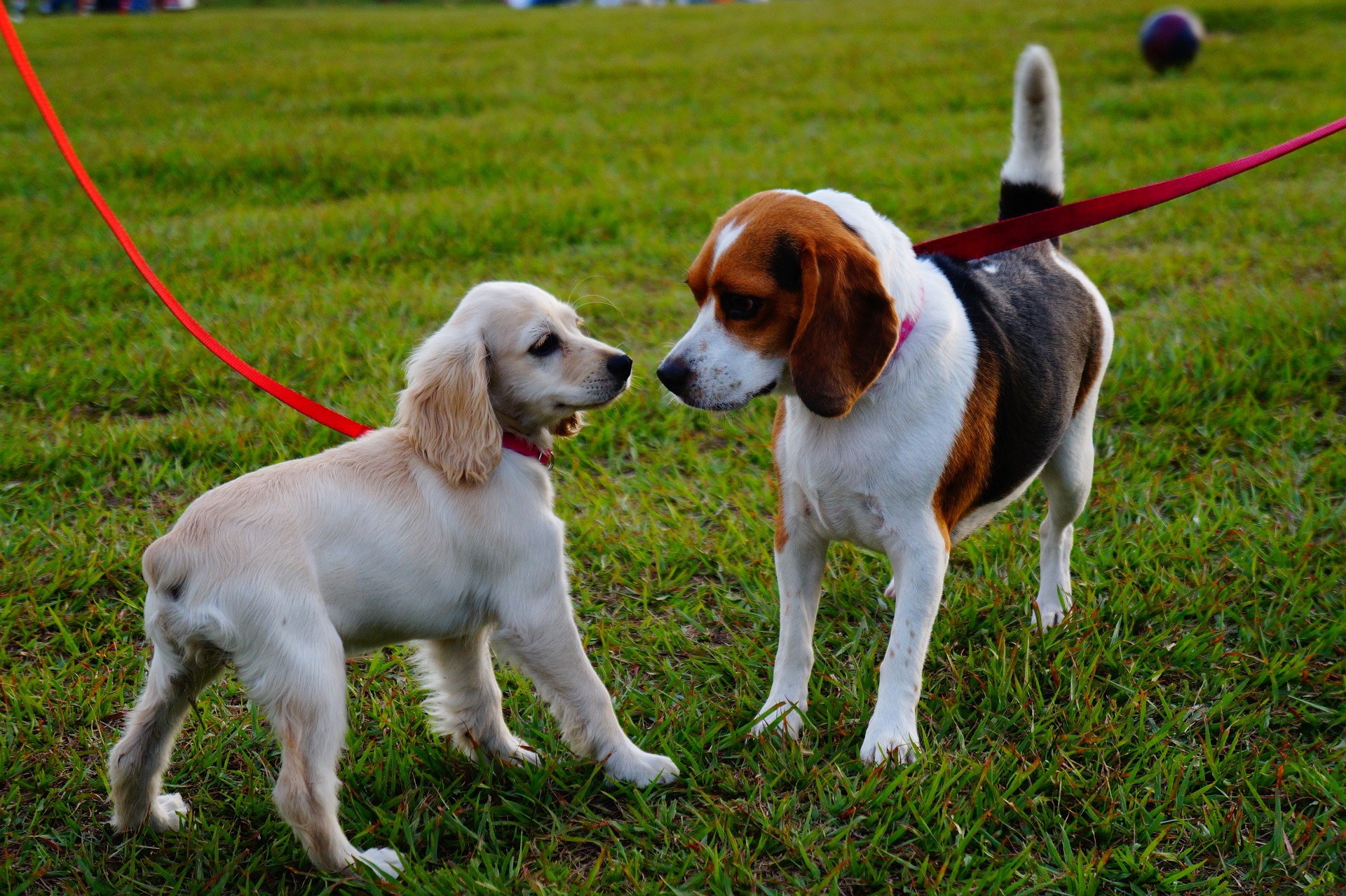According to the ASPCA, 3.3 million dogs enter the shelter system every year – and unfortunately 670,000 of these dogs are euthanized. The good news is that more and more people are understanding the need to rescue these pups, and shelter numbers all around are dropping.
If you have decided to add a new rescue dog to your family there are a number of factors you need to consider.
Choosing a New Rescue Dog
It is important to give your adoption consultant all of the relevant information regarding your current family life. Shelter dogs often come from scary, abusive or neglectful situations, and so they may be better suited for one type of home over another. You should tell the consultant about:
- Current Pets and their Personalities: If you have a very dominant or aggressive dog, it may not be the best situation to bring any new pet into. But a new rescue dog may be especially traumatized with another dog getting too territorial. However, if your resident dogs and cats are welcoming and playful with other animals, this will be an entirely different dynamic. Remember that rescue dogs may do better without other animals, so it is critical that you take the totality of your animal family into consideration when choosing a new rescue dog.
- Children in the Home: We all know that some breeds are better with children than others. However, the rescue dog’s personality may or may not be a good fit with young children, no matter the breed. They may be scared by too much playing or attention; or they may get aggressive. Your adoption counselor will understand the disposition of any dog you are considering, and it is an important factor in creating a harmonious home.
- Time You Have to Spend: Some dogs may get nervous when their humans are gone all day. So if your family leaves in the morning and doesn’t return until the evening, you may not want to bring a dog with separation anxiety into your home. In fact, any new rescue dog will need love and attention, so you may want to consider if you have the time and energy to bring a new animal home.
Here’s a Tip: When you have spoken to the worker at the shelter and you think you have chosen the perfect dog, ask if you can arrange a meet and greet with your family. Bring the children, and bring any other pets – and allow them all to interact in a controlled environment. You will get a really good idea of personalities in real-time, and should be able to gauge just how well the new rescue dog will fit in.
One Final Thought: Bringing a new rescue dog into your home, even if it is an adult dog, may be like introducing a puppy. Depending on the dog’s history, you may need to do some obedience training, and be patient as they learn to adapt and calm their fears. If you do not think that you are ready for a dog to chew your sneaker, go through the garbage, or have an accident in your home – you may not be ready to bring a new dog home. Ask your adoption counselor about any idiosyncrasies your dog may exhibit, and have patience. The worst thing for a rescue dog is to go to a new home and then be returned to the shelter because of behavioral issues. So be patient.
The team at Gulf Coast K9 Dog Training can also help. Whether to assist with socialization through play care or to provide obedience training for your new family member, we have the expertise and commitment you can trust. We have been helping Sarasota, Bradenton and Palmetto dog owners to create loving, healthy relationships with their dogs for years.





